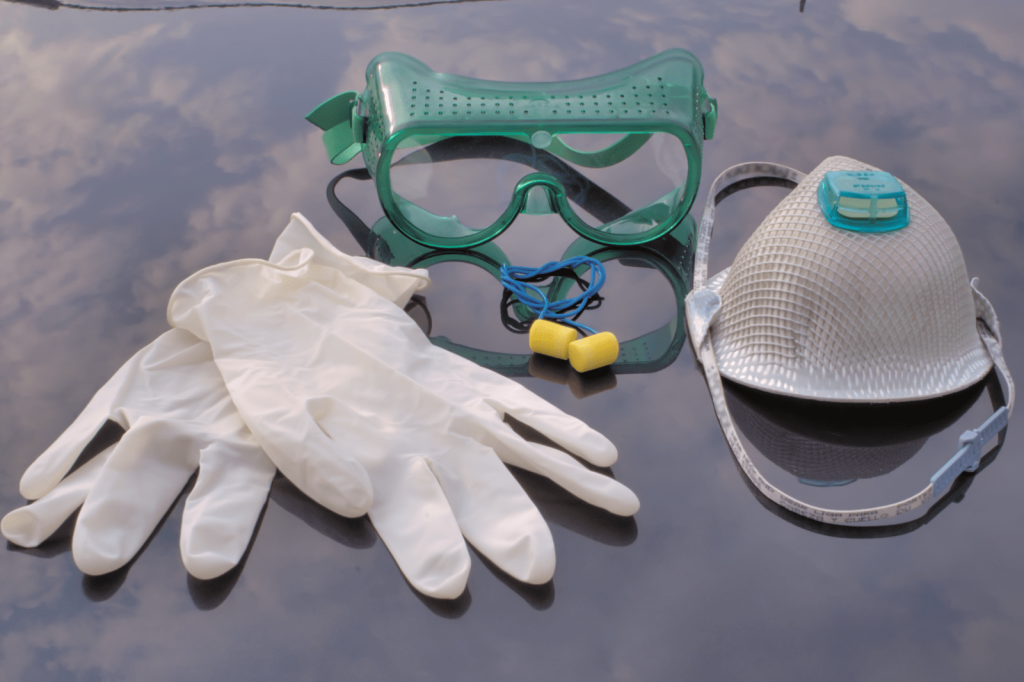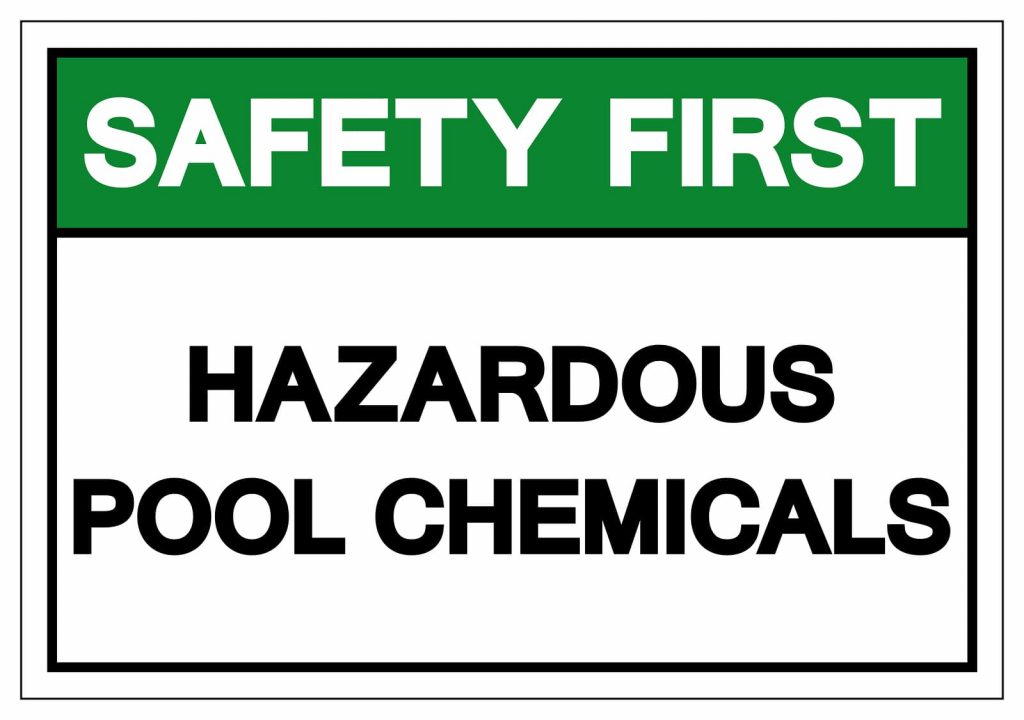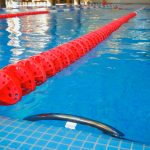Pool Chemical Storage and Handling Safety Guide
Certified Pool Operators® are responsible for the safety and health of swimmers at their facility but they also need to look out for themselves. Pool chemical storage and handling can be a dangerous task and shouldn’t be taken lightly. Certified Pool Operators® should always use the utmost caution while handling chemicals and even veteran CPO®s need a refresher every once in a while on how to stay safe.
Before You Use Chemicals
First thing’s first – no one who hasn’t been properly trained and certified in pool operation should handle pool chemicals. Even if you are trained and certified, you should never attempt any task that you aren’t completely comfortable with. If faced with a task that you aren’t sure about, ask for help from a more experienced pool operator before doing anything.
Carefully read every product label and Safety Data Sheet (SDS) for each pool chemical you use. Finally, learn and memorize your specific swimming facility’s Emergency Chemical Spill Response Plan and practice those steps. When handling chemicals, it’s important to dress with safety in mind. Don’t wear open-toe shoes and try to minimize the amount of skin showing. Also, wear all of the appropriate personal protective equipment (PPE) like gloves, goggles and a mask.
Using Chemicals Safely
When handling chemicals, it should only be done in a well-ventilated area. Only one product should be opened at a time and all other products should be sealed while that one is opened. Move in a way that minimizes splashes of the chemicals and dust from powder chemicals.
Chemicals should never be mixed. If you mix chlorine products with acid, you could create toxic gases. Other pool chemicals can have similar reactions so never mix them with each other or any other product. You should only pre-dissolve pool chemicals when directed by the product label. If a product requires pre-dissolving, always add the pool chemical to the water, never add water to pool chemicals. This could create an explosive reaction. If a spill ever does occur, react immediately and follow your facility’s Emergency Chemical Spill Response Plan and contact both management and the required authorities.
Pool Chemical Storage
When it comes to pool chemical storage, you should reference the SDS sheet. You never want to store chemicals where they can be accessed by the public. You must then make sure that all incompatible chemicals such as acid and chlorine are stored separately so an accidental mix can not occur. Next store chemicals in an area where they will remain dry at all times. The pool chemical storage area should also be a cool area that is well-ventilated and away from direct sunlight. All pool chemicals should remain closed in their original, labeled container. Finally, store all liquid chemicals lower than the rest so they can’t accidentally spill and mix together.
Pool Chemical Disposal
When pool chemicals need to be disposed of, closely follow the product label for safe disposal. Containers should never be reused, dispose of them properly as well. For unlabeled pool chemicals, contact a state or local hazardous materials agency to learn the proper way to dispose of them.
The Ultimate Pool Chemicals Guide
Pool chemical storage and handling safety is just one part of the many important responsibilities of a Certified Pool Operator®. To learn more, go to the experts at Pool Operation Management. Pool Operation Management’s CPO® training courses teach you how to properly operate a swimming pool or spa facility. Our two-day courses offer a wealth of information and training in everything from pool chemicals to energy conservation to risk and liability. For the very best in pool operation, contact us today.








